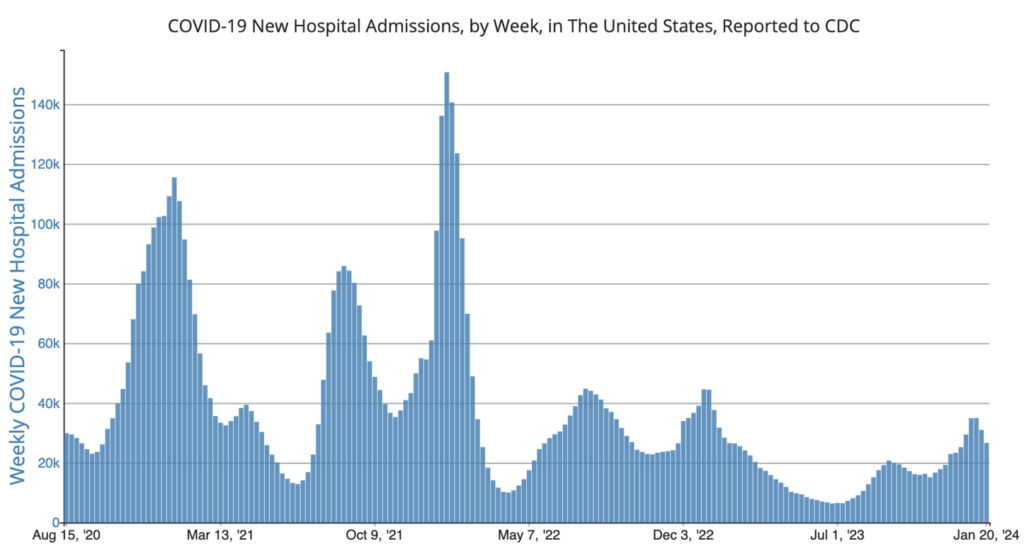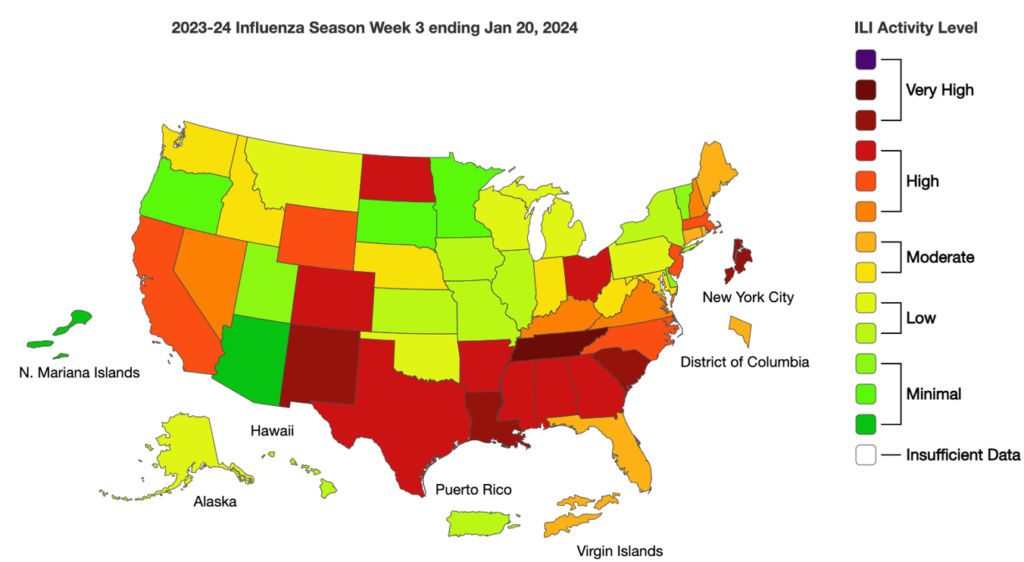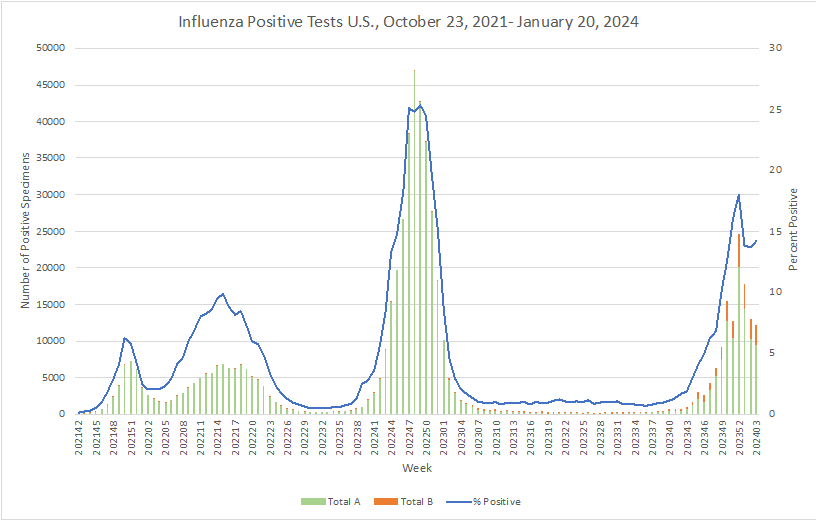As became exceedingly evident during the pandemic, travelers can be a significant source in the global spread of infectious disease. Traveling to a country or area where a disease is rampant significantly raises one’s potential for both becoming infected and taking the disease back home to further transmit it – even when no disease is at a pandemic level.
Currently, a number of countries have reported elevated levels of respiratory illness, including influenza, COVID-19, respiratory syncytial virus (RSV), and Mycoplasma pneumoniae infection; the UK, EU, and some U.S. states are seeing heightened levels of measles cases – with health authorities in both countries issuing urgent warnings; and whooping cough is spreading among small children in some Thailand provinces, with more than 1,000 cases and seven deaths recorded thus far.
How can travelers be informed of issues before they travel, and safeguard themselves when traveling?
Using official sources that provide information on global health risks, such as CDC’s Travel Health Notices is a good site to bookmark, particularly if you travel globally. The site is intended to both inform travelers of risks and provide advice for protection and prevention.
CDC issues notices for high-level disease outbreaks, sporadic cases of a disease in an unusual or new area, natural and human-made disasters with severe environmental health risks, infrastructure damage that would limit healthcare services availability, and mass gathering events that can lead to disease outbreaks. The Notices are designated as one of four levels:
- Level 4 – Avoid All Travel
- Level 3 – Reconsider Nonessential Travel
- Level 2 – Practice Enhanced Precautions
- Level 1 – Practice Usual Precautions
There are currently no Level 3 or 4 notices, but there are a number of notices in both Levels 1 and 2.
What does CDC advise as precautions?
While each disease and level will have its own particular set of precautions, general actions that CDC advises when traveling are to consider masking and maintaining physical distance, washing hands regularly, and ensure you are up to date on all routine vaccinations and any that are recommended for the area to which you are traveling. See this website where one can select a destination to get a specific listing of precautions.
The current spread of measles is a good example as to why it is so important to be up to date on routine vaccinations. Many vaccine-preventable diseases, such as measles, mumps, or chickenpox, have been much less common in the United States because most children were vaccinated. However, with many routine doctor visits being put off during the pandemic, measles has seen a recent increase. By ensuring you and your family receive all routine vaccines, you will limit your risk of infection when traveling to areas with even greater occurrence.
One other area of note is that of simply paying attention to your surroundings and related warnings when you are in an area that is new to you. The sign shown with this article was posted at the start of a hiking trail that led to a waterfall, which fell into a lovely-looking pool of water. Unfortunately, the water’s micro-nature was not as lovely as its visual appearance.
COVID Risk Matrix:

Influenza:


- The surge of respiratory illnesses due to the flu or COVID-19 have been found to trigger heart complications in susceptible people. Experts noted that the heart complications can be triggered from fever, dehydration, and inflammation. The heart complications are happening across all age groups.
- In Canada, medical experts warn that lower immunization rates are increasing risks of the return of measles. However, in 2023, there were only 12 cases reported across the country, so surveillance is needed to judge the impact of lower vaccination rates.
- The US CDC urged vigilance among health providers across the U.S. following reports of nearly two dozen cases of measles since December. Most cases occurred in young people who have not been vaccinated, and several cases were associated with travel outside the US.
- The WHO European Region is experiencing an alarming rise in measles cases. Over 42,000 measles cases were reported by 41 Member States in 2023. Compared to 941 cases reported in all of 2022, this represents a more than 30-fold rise.
- Whooping cough is spreading among small children in Thailand’s three southernmost provinces, with more than 1,000 cases being recorded so far. Of these, seven have died.
- Mosquito borne disease news, summarizing 2023:
- Approximately 500,000 chikungunya virus disease cases and over 400 deaths were reported worldwide. A total of 26 countries reported CHIKVD cases from the Americas (16), Africa (5) and Asia (5).
- More than six million cases and over 6,000 dengue-related deaths had been reported globally.





